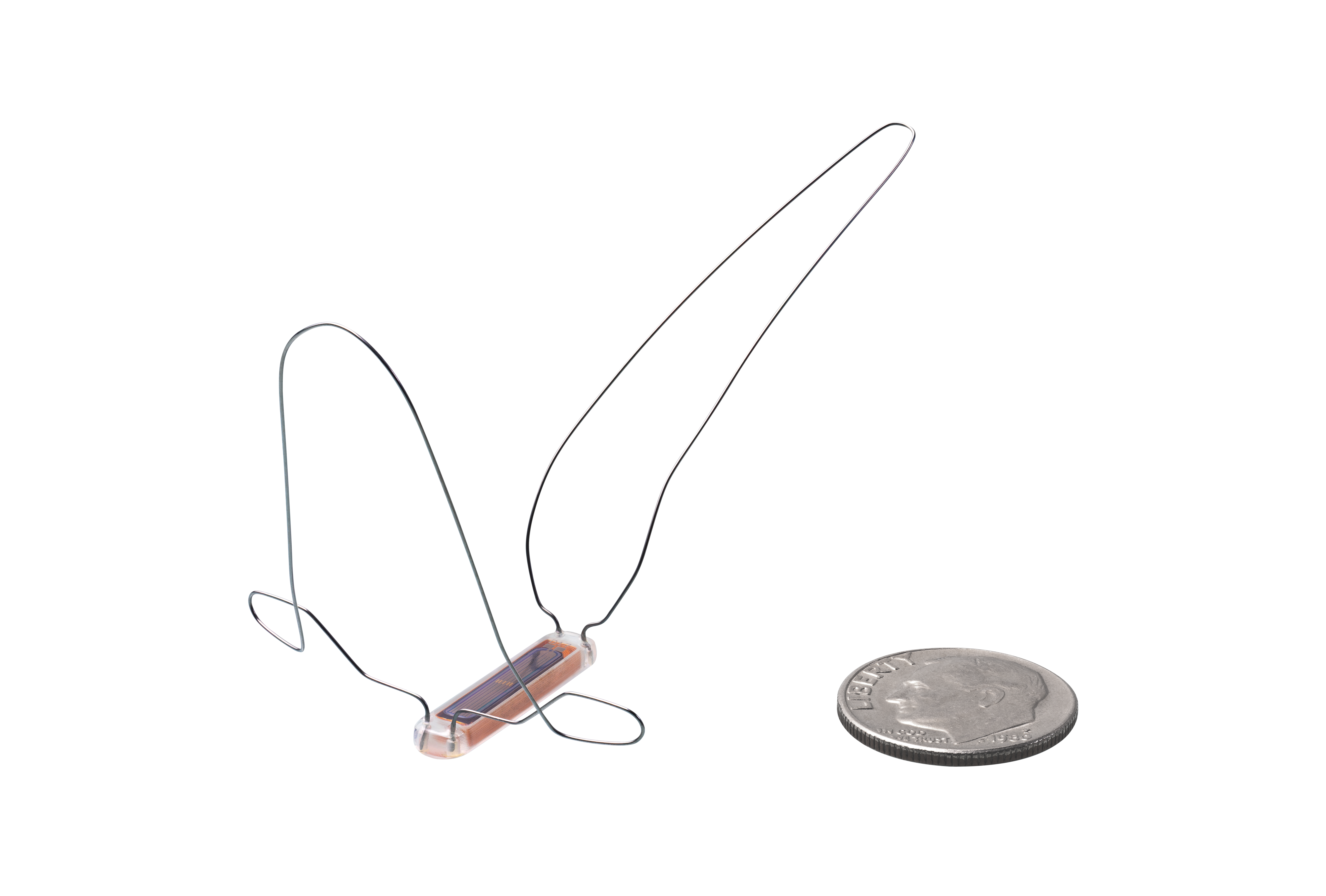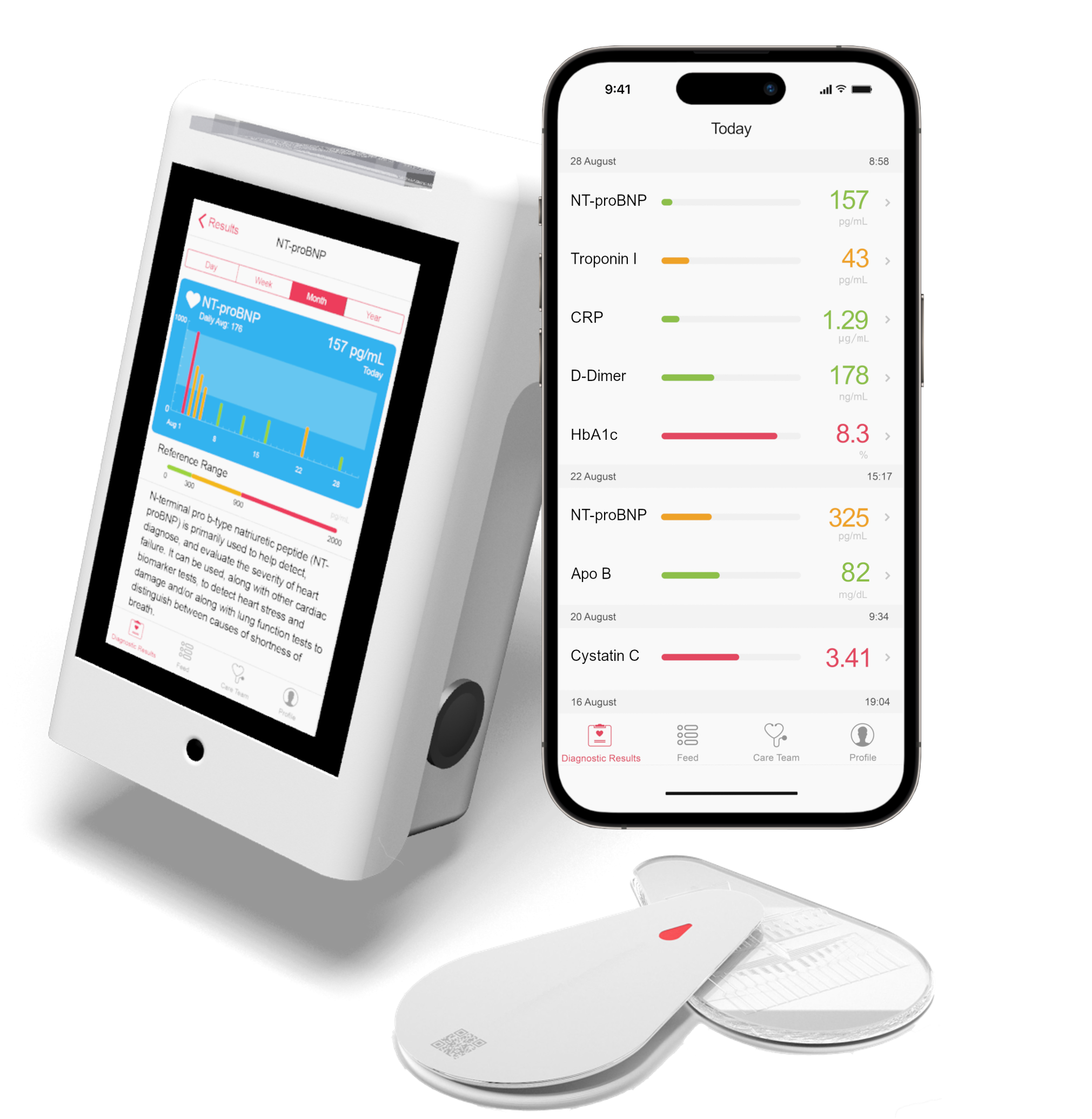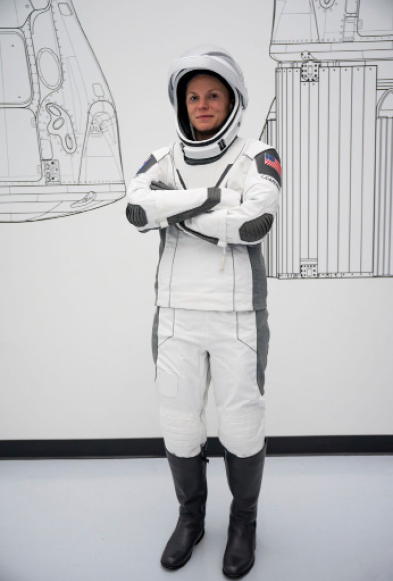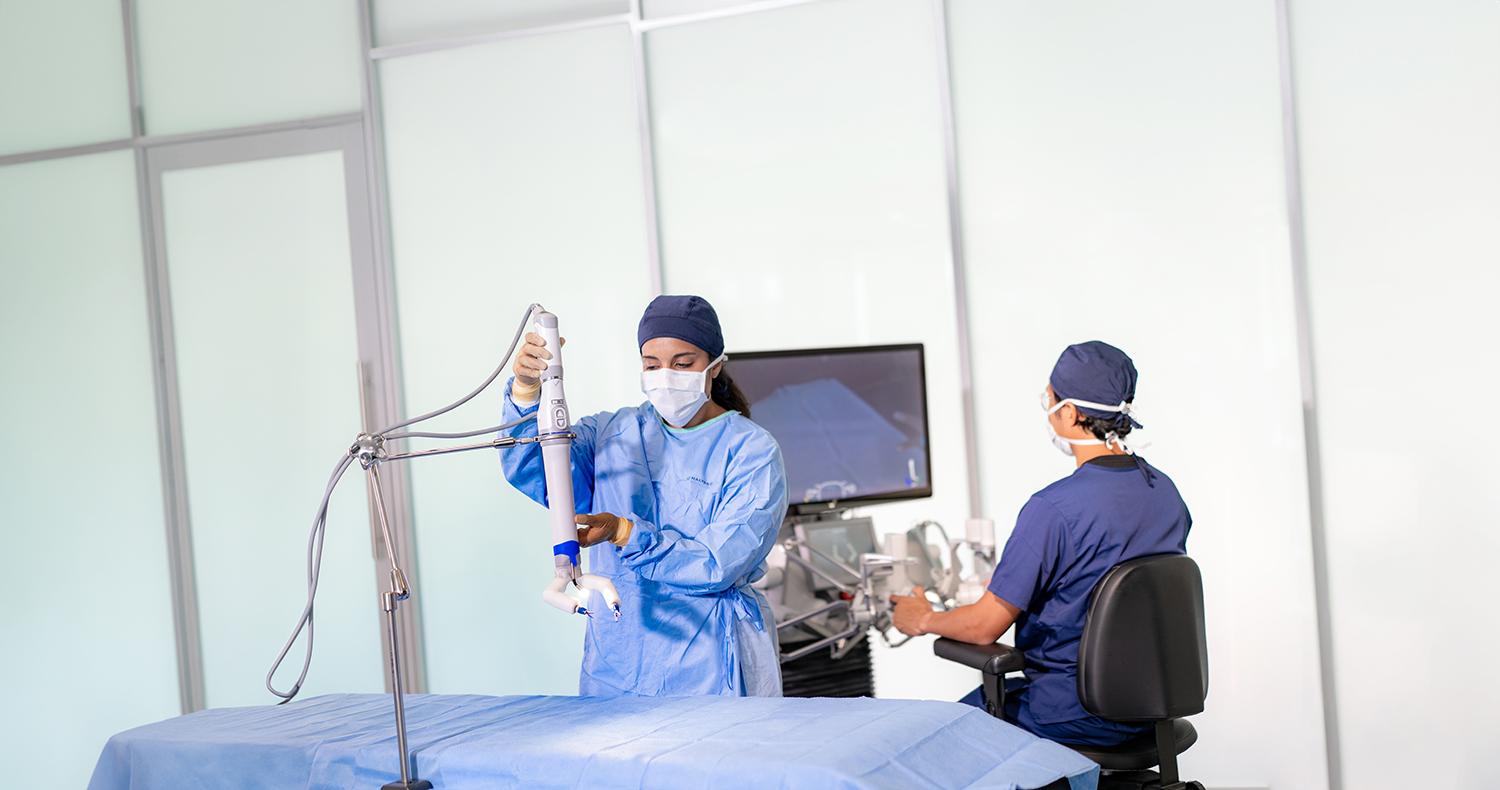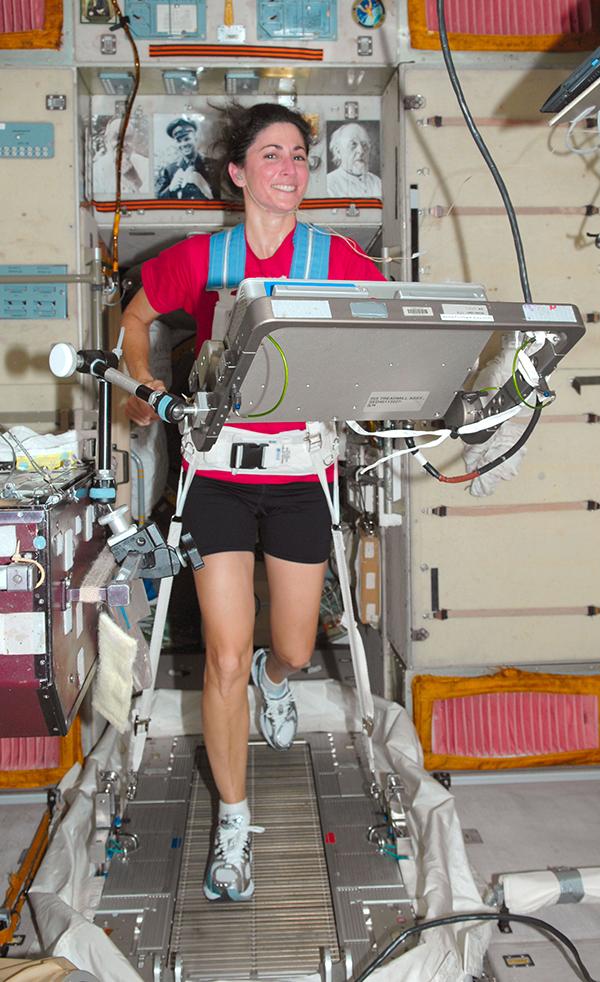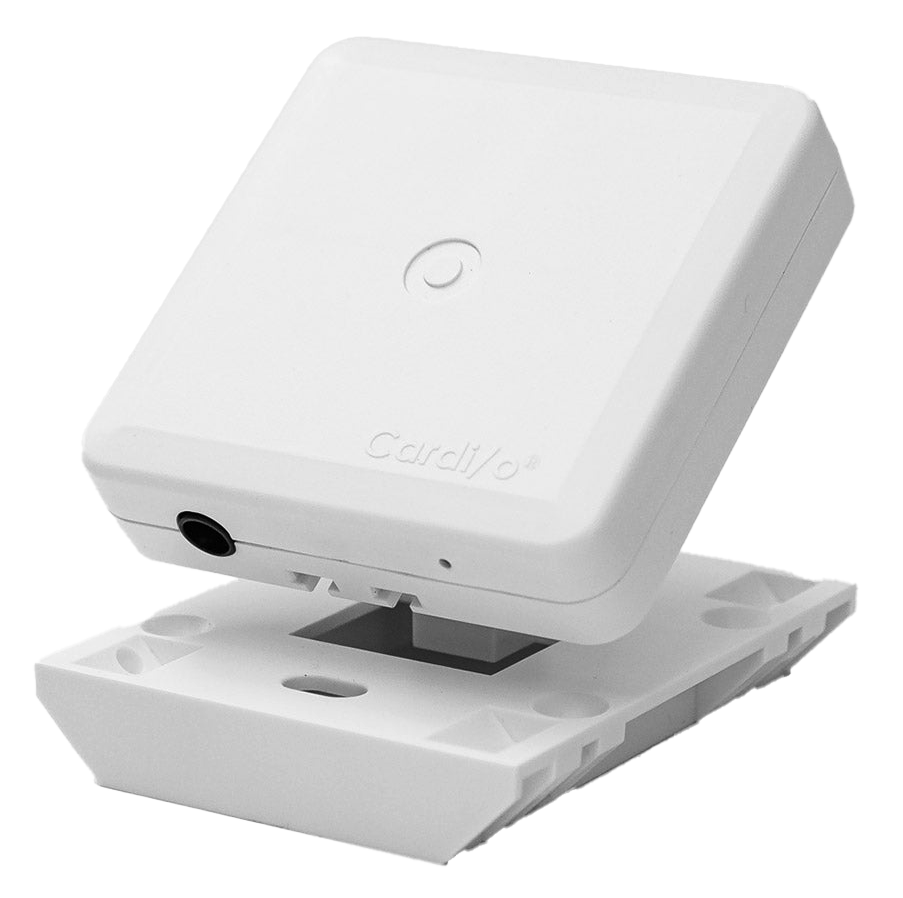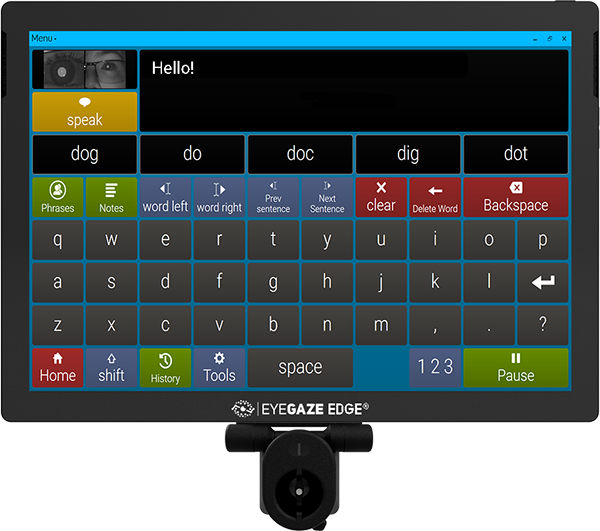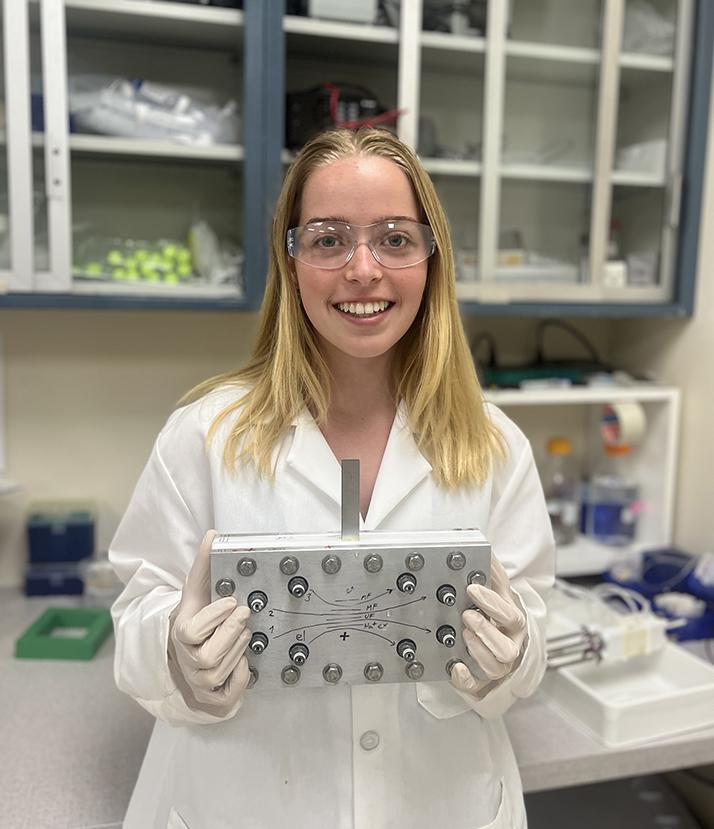Chromosome Analysis
"Probing the future of genetics," is the thrust behind Perceptive Scientific Instruments, Inc. (PSI) of League City, Texas.
The company's initial foray into the field of genetics was sparked by work taking place at two different NASA centers. At the Jet Propulsion Laboratory, technicians were handling image processing of space probe pictures sent back to Earth. Meanwhile, computerized cell analysis studies were underway at the Johnson Space Center. This blend of interests served as the nexus for PSI, with many of the initial company employees being former NASA image processing specialists. Digital imaging techniques have been developed and refined for use in a variety of medical applications, including the diagnosis of disease.
Today, PSI is considered one of the largest international companies in the world dedicated solely to the supply of digital imaging systems for automated cytogenetic, karyotyping, and molecular genetic (DNA probe) applications.
Cytogenetics is the science that deals with the relation of humans cells--and their building blocks--to heredity. Karyotyping is a process employed in analysis and classification of chromosomes, the bodies within a cell that carry the genes which determine heredity.
In October 1997, PSI unveiled its latest addition to the PowerGene™ line of automated chromosome analyzers. The announcement came at the American Society of Human Genetics Conference, the largest gathering of genetic experts of its kind.
The new equipment takes advantage of recent advancements in multiplex fluorescence-in-situ hybridization genetic analysis methods. The fully integrated system is capable of 24-color karyotyping. Utilizing highly specific fluorescent reagents and a set of finely tuned optical filters, images of chromosomes during the metaphase of mitosis are captured, processed, and karyotyped. Each chromosome pair, including the sex chromosomes, is displayed in its own unique color.
"This exciting new development has the potential to change the way in which most cytogenetics studies are performed today. It should be particularly useful in the field of cancer genetics, where this new approach can radically simplify the detection of chromosome rearrangements."
The automatic system guides the user intuitively through the entire karyotyping process. Unique image enhancement facilities produce an on-screen and hardcopy image, yielding the highest quality chromosome band visualization possible. Editing tools give the user an ability to zoom in for easy and accurate separation of chromosomes. Confirmation of overlap separation of each chromosome is visualized by colored chromosome boundaries. A review window feature permits up to three karyotypes, from the same or different cases, to be inspected. Each image can be scrolled simultaneously row-by-row.
While powerful in its ability to offer complex digital imaging through sophisticated pattern recognition techniques, the system operates on the friendliest of user-friendly interfaces. Compare the past to today. Formerly, karyotyping was a laborious, time-consuming task that involved photographing the chromosomes through a microscope, then manually cutting and pasting the images to put together a classification. A job that once demanded hours, can now be completed in less than ten minutes. That increases productivity, at the same time lowering costs in the research laboratory.
PSI started a collaboration with top scientists to investigate new automation techniques designed to assist in the detection of genetic abnormalities. Two projects are aimed at monitoring the progression and remission of leukemia, and developing new techniques for the detection of commonly occurring aneuploidies in newborns.
PSI has already installed genetic imaging systems in more than 400 laboratories in over thirty-six countries worldwide. The company has automated five of the largest commercial genetic testing laboratories in North America with over 140 networked karyotyping workstations.
PSI also installed what is believed to be the largest probe and karyotyping system network in Asia--ten full analysis workstations. The company has sold its product line in more than thirty-five countries worldwide and has installations in more than 400 user sites.
PowerGene™ is a trade mark of Perceptive Scientific Instruments.
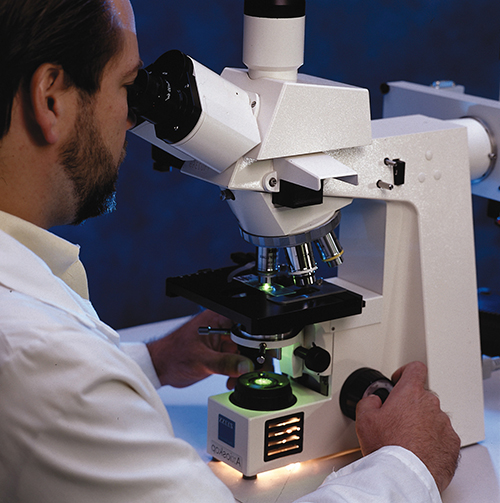
The PowerGene™ system is the latest addition to Perceptive Scientific Instruments' automated chromosome analyzers. NASA image processing techniques provide the foundation for the latest of chromosome analysis and genetic instrumentation.




